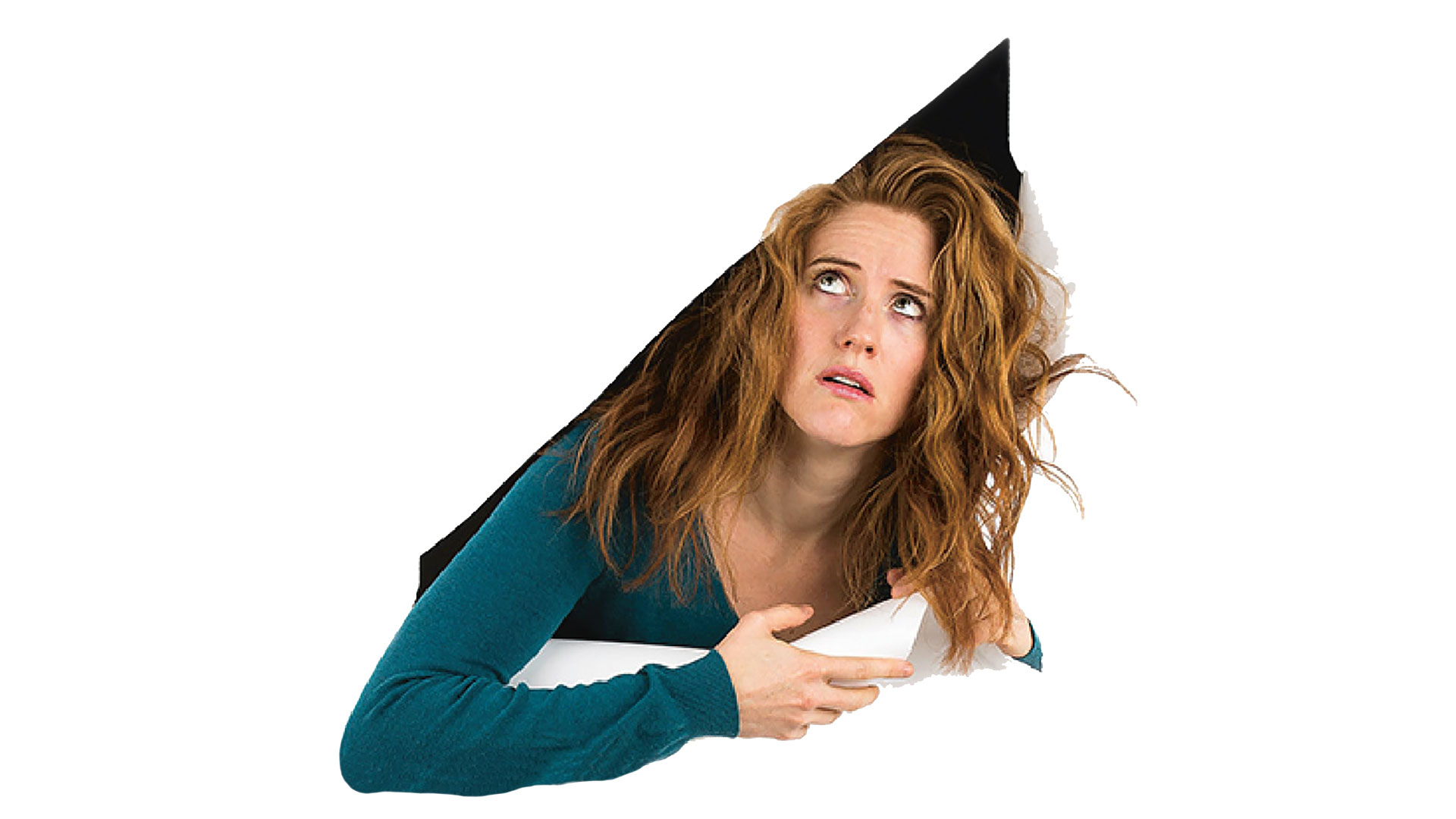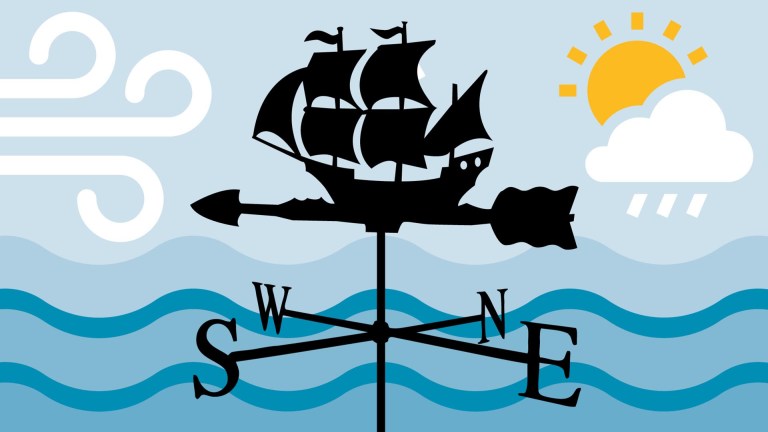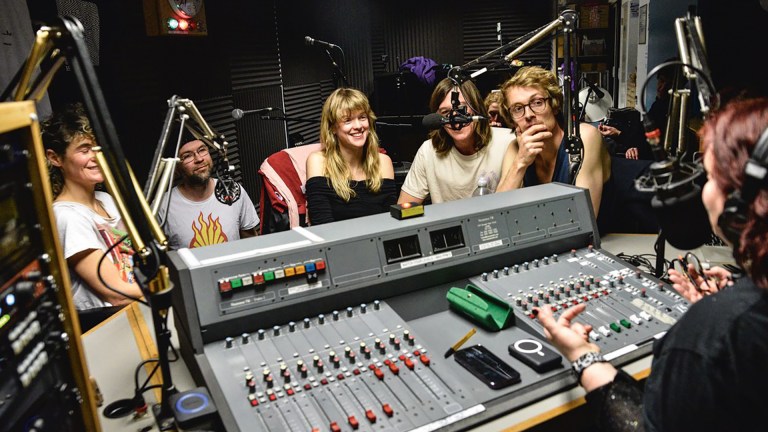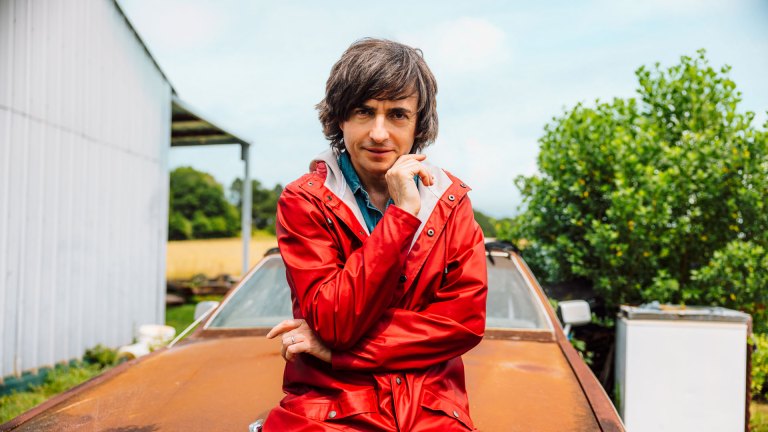Some physicists tell us time is an illusion. I hope it is, especially after hearing a psychologist explain that two thirds of our subjective experience of time is over and done with by the time we are eight years old.
Sarah Kendall’s new Australian Trilogy on Radio Four is about hamsters and bus stops, comets and Christmas trees, but it is also about time. Each episode flits through time, back and forth, as the final pattern of the story is eventually found. She has built her own block universe.
At times, you may be mistaken in thinking that this a shaggy dog story, but each detail is ultimately very important. There is concision in the tangents which turn out not to be tangents at all, or maybe it is just that all life is a tangent and we just force story on to it in the hope of finding meaning. Kendall is adept at delivering mournful notes and then topping them with punchline twists that never belittle what has come before, but underline the absurdity of it all. When Australian Trilogy intends to be funny, it is very funny. When it intends to be meaningful, whether discussing dementia, cancer or autism, it is. The moments of sadness and quiet thoughtfulness never stray into sentimentality. It never becomes formulaic – at times we are relieved by a joke, but Kendall doesn’t get overwhelmed by the comedian’s urge to always leave you laughing. The poignancy of the final episode’s conclusion leaves you wanting to go straight outside to look at the stars in the night sky. There is a tender, hopeful sadness.
Kendall’s pessimistic mother is frequently the comic relief
Running through the series is a Chinese proverb that asks “Good luck, bad luck, who can tell?” What seems like good luck can lead to death, what seems like bad luck can lead to a reprieve.
The series begins in 1986, in a back garden in Australia, where Sarah’s family are waiting to see Halley’s Comet and ends in the mind of Christa McAuliffe, the teacher who won the opportunity to go into space on the Challenger shuttle which broke apart 73 seconds into its flight. Kendall’s pessimistic mother is frequently the comic relief, whether offering dire warnings that her grandchild must not drink from a municipal park drinking fountain as it may well have been used as bidet by couples who have been copulating on the nearby swings or the delighted squeal of relief that her daughter hasn’t won big on a lottery scratchcard as she’d only buy a jetski that would lead to her horrible death – “For some people the glass is half full, for some half empty. For my mum not only is it half empty, someone’s rubbed their ball sack all over the rim.”
I am also desperately trying to find the set-up for the joke that ends, “You just move it to one side and keep on eating”, a lewd punchline that comes from the mouth of her grandmother at inopportune social moments.









